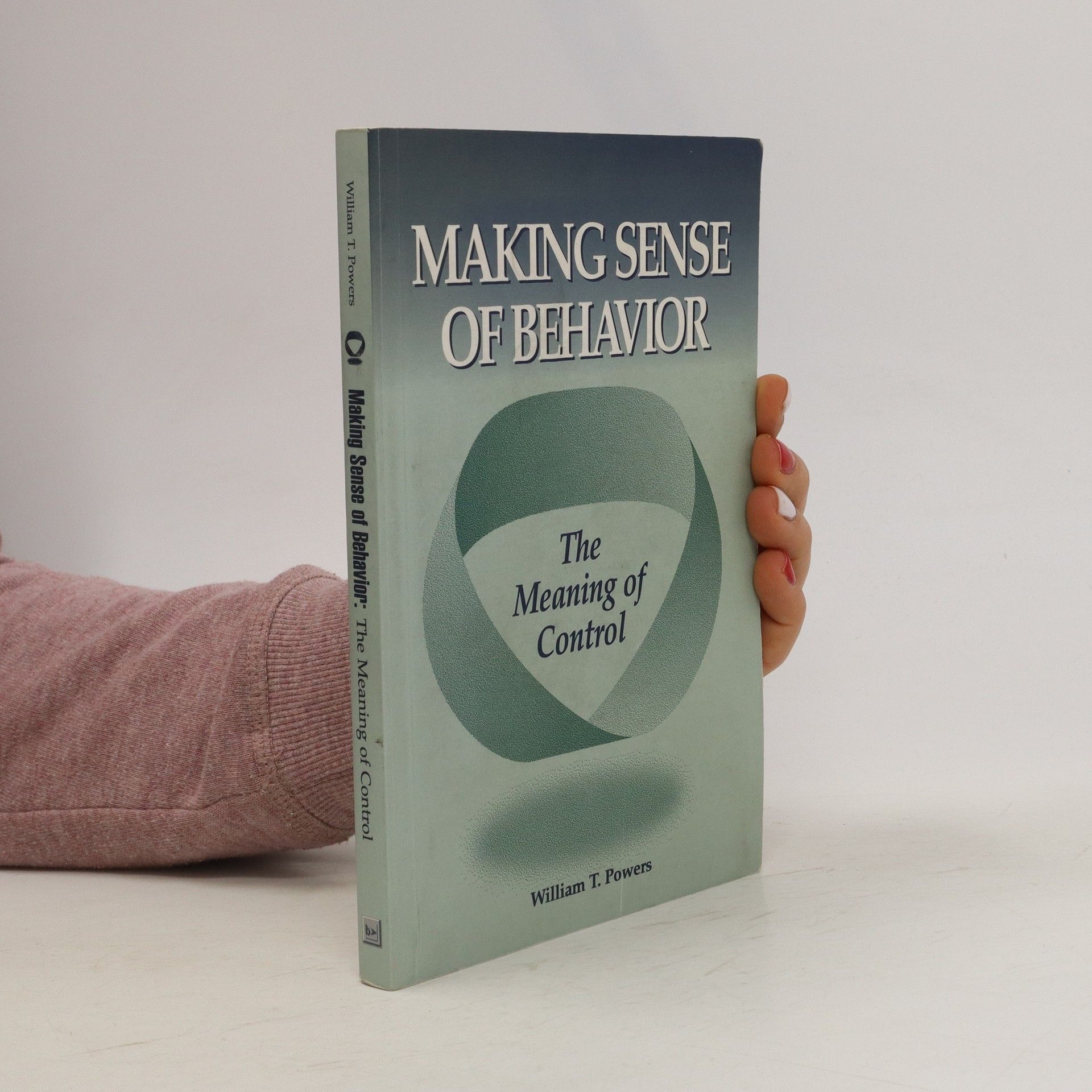The along-anticipated work on Perceptual Control Theory (PCT) by the originator of this system of ideas, written for the general public in nontechnical language. Back cover copy by Richard S. Marken, Senior Behavior Scientist, The RAND Corporation. "Some of the best science is done by people who refust to take the obvious for granted. Copernicuss didn't take the sun's daily trek across the sky for granted, Einstein didn't take the regular tick of time for granted, and William T. Powers didn't take the appearance of behavior for granted...A number of scientsts, impressed by the power and beauty of control theory as applied to behavior, have devoted their research efforts to testing and expanding Powers' ideas on living control systems. Obviously, I am one of them. I knew after reading Behavior: the Control of Perception (Powers, 1973) that Powers had something very important to say.
William T. Powers Livres
William T. Powers était un physicien médical, un auteur de science-fiction et un chercheur indépendant en psychologie expérimentale et théorique. Il a développé le modèle de la théorie du contrôle perceptif (PCT) du comportement comme le contrôle de la perception, expliquant comment les organismes vivants contrôlent leurs entrées sensorielles plutôt que leurs sorties comportementales. Les travaux de Powers postulent qu'à la différence des systèmes conçus par l'ingénierie, les systèmes vivants génèrent en interne leurs propres variables de référence, créant une hiérarchie de contrôle. Il a également conçu le jeu de société Trippples.
